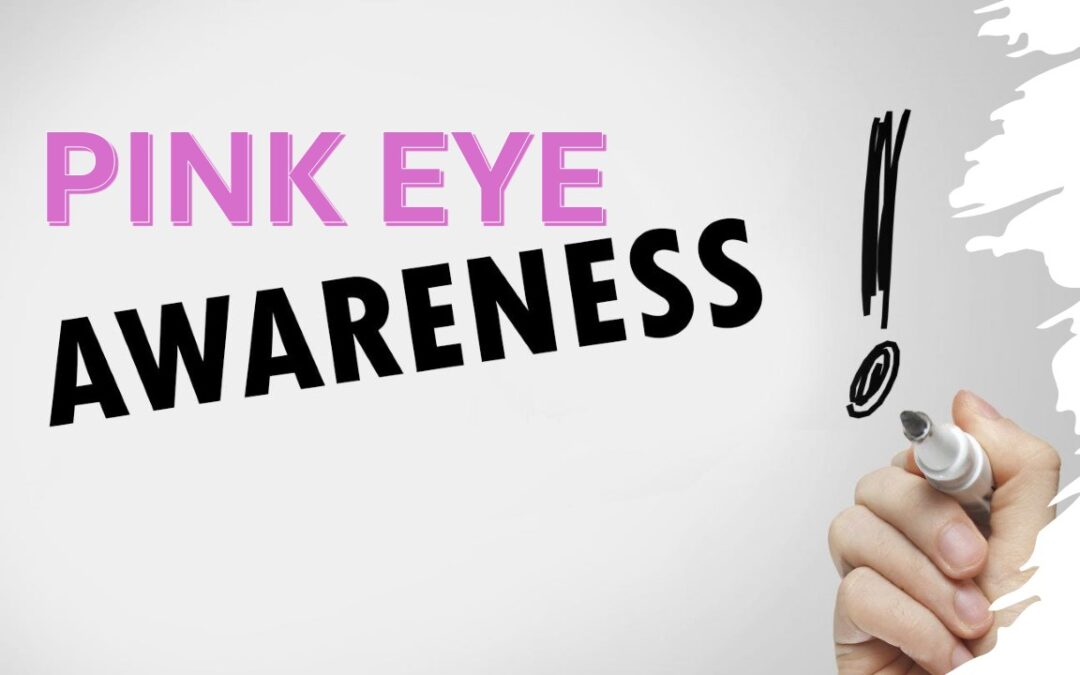KZN has been challenged with an escalating outbreak of Pink Eye over the past two months. The Department of Health reported that at least 161 cases a day are being reported, with the number of confirmed cases reaching over 1,000 in various parts of the eThekwini District since February 2024.
Conjunctivitis, commonly known as Pink Eye is the inflammation of the thin membrane called the conjunctiva, which covers the whites of the eye and the inner part of the eyelid. It can be caused by either a viral or bacterial infection. It is extremely infectious.
Managing an outbreak of any contagious infection is extremely difficult in any home, let alone a children’s home! Here at DCYCC we have had to contend with a fair number of cases where both children and staff have been infected. We seem to be over the worst; however, reinfection is a real possibility. To minimise this risk, we have embarked on an awareness campaign with our children and staff and thought to share our learning with you.
Question – What causes Pink eye?
- Viral Infection: Most often, pink eye results from a viral infection.
- Bacterial Infection: Sometimes, it is caused by bacteria.
- Allergic Reaction: Allergies can trigger pink eye.
- Incompletely Opened Tear Duct (in babies).
Question – What are the common symptoms of Pink Eye?
- Light pink to red discolouration of the eye
- Swelling and irritation of the eyelid
- Sticky discharge, which crusts in the eyelids and/or eyelashes
- Increased tear production
- Itching and burning of the eye
While pink eye can be irritating, it rarely affects vision. Treatments can help ease the discomfort. If you experience new, severe, or persistent symptoms, it is essential to contact a healthcare provider.
Question – How long does Pink Eye last?
- Mild cases clear in one to two weeks
- Viral infections may take up to three weeks or longer to clear
Question – How can the spread of Pink Eye be prevented? According to the Department of Health one should;
- Practice good personal hygiene, regularly washing hands.
- Avoid sharing face cloths, eye cosmetics, or pillows.
- Change pillowcases often and discard old eye cosmetics, such as mascara.
- Avoid touching one’s eyes with your hands.
We hope this helps!
Resources: https://www.kznhealth.gov.za/mediarelease/2024/confirmed-cases-of-pink-eye-in-ethekwini-02032024.htm

